Mimosa livestock revitalisation programme, market garden benefitting many

Patrick Chitumba, Midlands Bureau Chief
FOR Mr Mark Masuku (48), head of Village 8 under Chief Wedza in Ward 5 of Zvishavane district in the Midlands province, the idea of owning cattle never crossed his mind.
That was until Mimosa Mining Company (MMC) introduced a livestock revitalisation programme in his area.
He is now a proud owner of three head of cattle and says he is now “a man among men” in the community.
“I am one of the beneficiaries of the livestock revitalisation programme spearheaded by Mimosa Mining Company. I am now a proud cattle owner and I pray they give us more cattle so that a lot of us benefit. Livestock, especially cattle have made the community members recognise me as a man among men and it’s the greatest feeling,” he said.
The village head also said the programme was also benefitting women.
“It’s a programme for everyone and we are happy that the company is also assisting us in setting up water points for the cattle to drink from,” he said.
Mr Masuku said there is also a market garden benefitting 28 households in his village.
“The garden now serves as a catalyst for economic development in the community. Before the project, we were not familiar with other types of vegetables. We used to grow vegetables, which include spinach, tomatoes and onions,” he said.
Mr Masuku said they are also into wheat production, among other crops that are money spinners.
“Since the project began, we have seen significant improvements in the gardens, including increased access to nutritious foods and improved soil conservation,” he said.
Mr Masuku said they sell produce to MMC, nearby schools and other markets.
MMC is cognisant of the finite nature of the mineral resource it exploits, and thus, its desire to establish sustainable projects that will last long after platinum mines are exhausted.
This thrust, underpinned by the company’s vision of investing beyond mining, has seen it engage in a number of projects across sectors at a time when other companies have taken a backseat when it comes to assisting communities citing financial challenges.
The community is among the key stakeholders with whom the company aims to maintain a mutually beneficial relationship through the provision of clean water and investments mainly in health, education, institutional and infrastructural development.
The initiative has not only improved the water and sanitation programmes in the community. It has also seen the villagers embracing the concept of nutritional gardens, which has not only become a reliable source of income for them, but also a source of a nutritious diet.
The company, in addition, supported the garden with equipment such as storage tanks, garden tools and seeds.
Innovative farming technologies such as drip irrigation, which helps conserve limited water supplies and saves time and energy for the women who used to carry water on their heads, were also introduced.
The company is also training garden members on how they can diversify and produce a variety of vegetables.
A beneficiary, Ms Yvonne Shumba (34) said their community has changed a lot with the nutritional garden programme.
“We are grateful for this project. In a good month, I can sell vegetables worth US$100. We are now able to sell our own foods and prepare healthy, nutritious meals to improve the well-being of our families,” she said.
MMC general manager Mr Stephen Ndiyamba said they had taken a deliberate move to invest in projects that impact the lives of the communities in which they operate, so as to create a lasting legacy that would outlive mining operations.
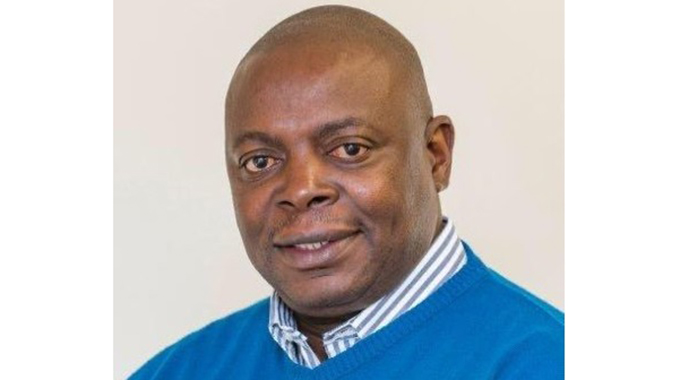
Mimosa Mining Company general manager
Eng Stephen Ndiyamba
“Our corporate social responsibility (CRS) programmes are geared towards two key areas, the first one is water and sanitation and health and education.
“We have invested a lot locally in Midlands province and also at the national level. We put a percentage of our revenue into CSR deliberately so that we impact the lives of people that are around us and even at the national level,” he said.
Mr Ndiyamba said in addition to the livestock revitalisation programme, they had refurbished dip tank infrastructure in the respective areas to meet the requirements of the Veterinary Services Department.
According to Mr Robson Kabike section head of CSR for MMC, they have donated more than 400 pedigree bulls and 130 heifers into the community through the livestock revitalisation programme.
“The programme has benefitted 16 chiefs from Mberengwa and five chiefs from Zvishavane. In short, all 19 Wards in Zvishavane and Mberengwa benefitted from the programme. The livestock revitalisation programme was established in 2015 and it encompassed the donation of heifers and bulls,” he said.
Mr Kabike said after noticing how the bulls were geographically limited to cover all the wards, they introduced the artificial insemination (AI) programme to complement the bulls initiative.
“So far the AI programme has covered the following chiefs and their areas, Chief Mafala, Chief Wedza and Chief Mapanzure. This coming year we will be focusing on Chiefs Masunda and Mazvihwa. Above 500 heifers have been inseminated so far and the programme is ongoing,” he said.
Mr Kabike said as for the nutritional gardens, two are functional while the other two are still under construction.
“The functional ones are in Village 8, Mhondongori and Mtshingwe Nursery nutritional garden which is the training hub for all beneficiaries of the gardens. All farmers in the 19 wards of Zvishavane are benefitting from Mtshingwe Nursery garden through knowledge and skills transfer,” he said.
The company has also made a substantial investment in the health and education sectors.
Recently, the company constructed and equipped the Zvishavane Vocational Training Centre girls’ hostel and donated 22 computers.
Zvishavane Vocational Training Centre is one of 42 such centres around the country.
It helps produce artisans who are key skilled workers who are able to contribute to the attainment of Vision 2030.
“On the health front, we have partnered with Mberengwa District Hospital on a five-year plan to bring the hospital to a standard of a district hospital like we did with Zvishavane District Hospital some few years back. On Mberengwa, we just finished the construction and equipping of a maternity wing which was handed over this year. The following facilities are under construction; 26-bed female ward, mortuary, laundry facility and a theatre,” he said.
He said MMC also refurbished and donated laundry, as well as other health care equipment at Sally Mugabe Hospital, Chitungwiza Hospital, Mpilo Hospital, Ingutsheni Hospital, Mhondongori Clinic and Matenda Clinic.
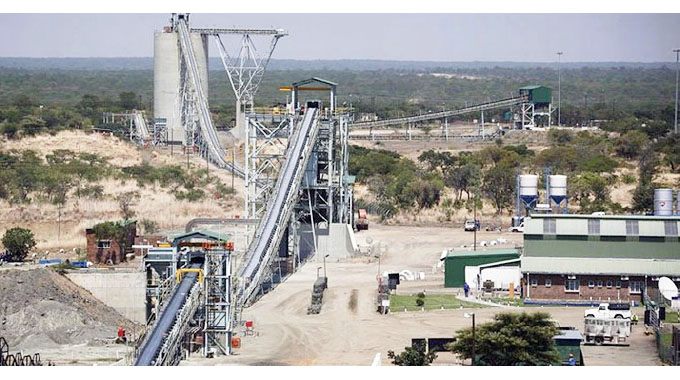
Mimosa Mining Company
Mr Kabike said MMC constructed and commissioned a new classroom block at Mtshingwe Primary School in Zvishavane where pupils used to learn in thatched pole and dagga makeshift classrooms.
The timely intervention helped the school to improve, not only its aesthetic outlook but even its pass rate, which rose from five percent to 89 percent.
Also, MMC constructed two classroom blocks, and an administration block, donated textbooks, and furniture and installed a water reticulation system at Mkwidzi Secondary School.
Furthermore, Mimosa has improved the infrastructure at the Zimbabwe School of Mines, University of Zimbabwe, Midlands State University, Great Zimbabwe University, Shabani Primary School, Wedza Primary, Makwasha Primary, Dadaya Primary and Riverton Academy.
“The donation by Mimosa Mine was a gesture of goodwill and is a fulfilment of the organisation’s social policy and mission of empowering local institutions of higher learning for research purposes. In turn, the mining industry is benefitting from virtuous graduates coming from the same institutions,” he said.


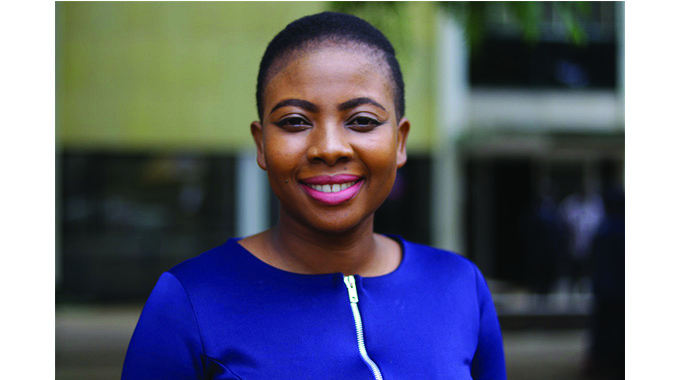

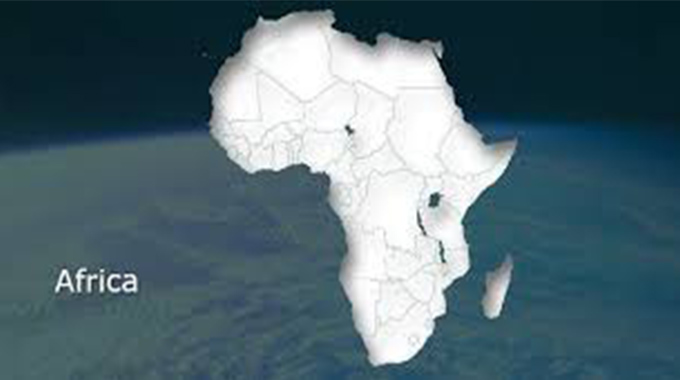
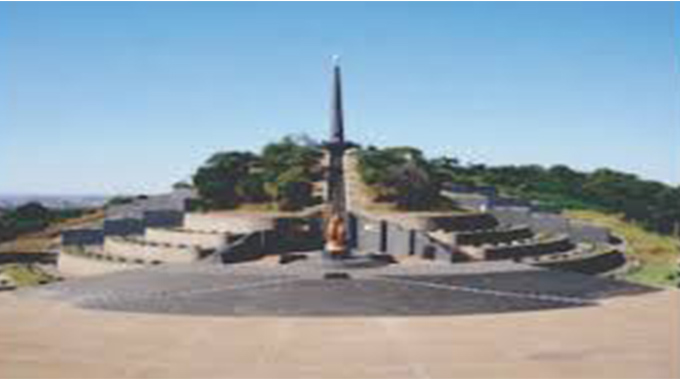






Comments